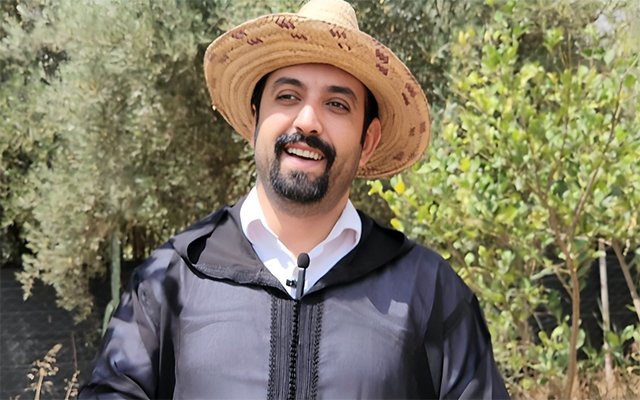Ryad Writes… “Manioc ”: The Crop of the Future in the Era of Expensive Wheat and Climate Change
At the heart of the Moroccan table, wheat reigns as a crowned king—present in every meal, deeply rooted in the collective memory—not merely as food, but as a cultural and social symbol that encapsulates stories of toil and dignity. For Moroccans, bread is not just nourishment; it is the “slice of life” that appears in countless everyday expressions: “We work for a piece of bread,” “We survive on bread and tea,” among others, all reflecting the emotional bond between Moroccans and their bread.
However, this strong relationship is now under threat—not because of a change in public taste, but due to climate fluctuations and escalating geopolitical crises, foremost among them the Russia–Ukraine war, which disrupted supply chains and drove wheat prices to record highs. This has severely strained the budgets of wheat-importing countries, including Morocco.
Global Experts’ Attention…
Despite efforts to test alternative crops such as quinoa—renowned for its high nutritional value—its elevated cost and the public’s reluctance to adopt it for traditional bread-making have rendered it an elitist, non-scalable solution. Amid this challenging context, global experts have turned their attention to a plant often dubbed “the crop of the 21st century,” which may reshape the contours of global food security: cassava.
Manioc : The Roots That Might Save the World…
Manioc —also known as yuca or manioc—is a root crop belonging to the Euphorbiaceae family, primarily cultivated in tropical regions of Africa, Asia, and Latin America, where it forms a dietary staple for millions.
This plant boasts an extraordinary ability to withstand drought and adapt to poor soils and harsh climatic conditions, making it an ideal candidate for cultivation in climate-affected regions—such as large parts of Morocco.
Manioc is grown by planting stem cuttings directly into the soil, and within a few months, it yields starchy roots from which cassava flour is produced. This flour can be used to make bread, cakes, and various pastries.
Multiple Uses… and Added Value
Manioc role extends beyond nutrition to promising economic and developmental dimensions:
Cassava Flour: Used in baking much like wheat flour and can be blended to improve texture and taste.
Manioc Peels: Utilized in paper and textile industries.
Leaves and Stems: Rich in protein (exceeding 22%), making them excellent livestock feed—creating a direct link between crop cultivation and animal husbandry.
Egypt… A Scientific Experience Left on the Shelf…
Arab countries have not been absent from this trend. For over two decades, Egypt has worked on laboratory development of cassava and conducted promising field trials in some agricultural zones. However—unfortunately—these research outcomes remained shelved, showcased at conferences and used for academic promotions, without translating into practical implementation to serve food security goals.
A Call for Moroccan Engagement…
Today, with soaring wheat bills, climate stress, and looming geopolitical disruptions, it is imperative to anticipate the future by integrating cassava into the national food security strategy.
Surely, Morocco—with its experience in alternative crops and “Green Generation” programs, supported by its experts and agricultural research centers—is well-positioned to lead a pioneering effort in this domain. Cassava is not just a wheat alternative; it is a gateway to strengthening food sovereignty, linking farming and livestock sectors, and empowering rural economies.
Bread will never disappear from Moroccan tables, nor will hardships displace it—for it is not merely a dietary item but a symbol of life and dignity. Yet, to ensure its continuity in the future, we must earnestly explore sustainable alternatives. And perhaps cassava, this humble plant from the heart of the tropics, carries a new promise for Moroccans… a promise of a homeland that feeds itself from its roots and sows its future with confidence and purpose.
#Ryad Wahtita – Agricultural Expert and Certified Farming Consultant


